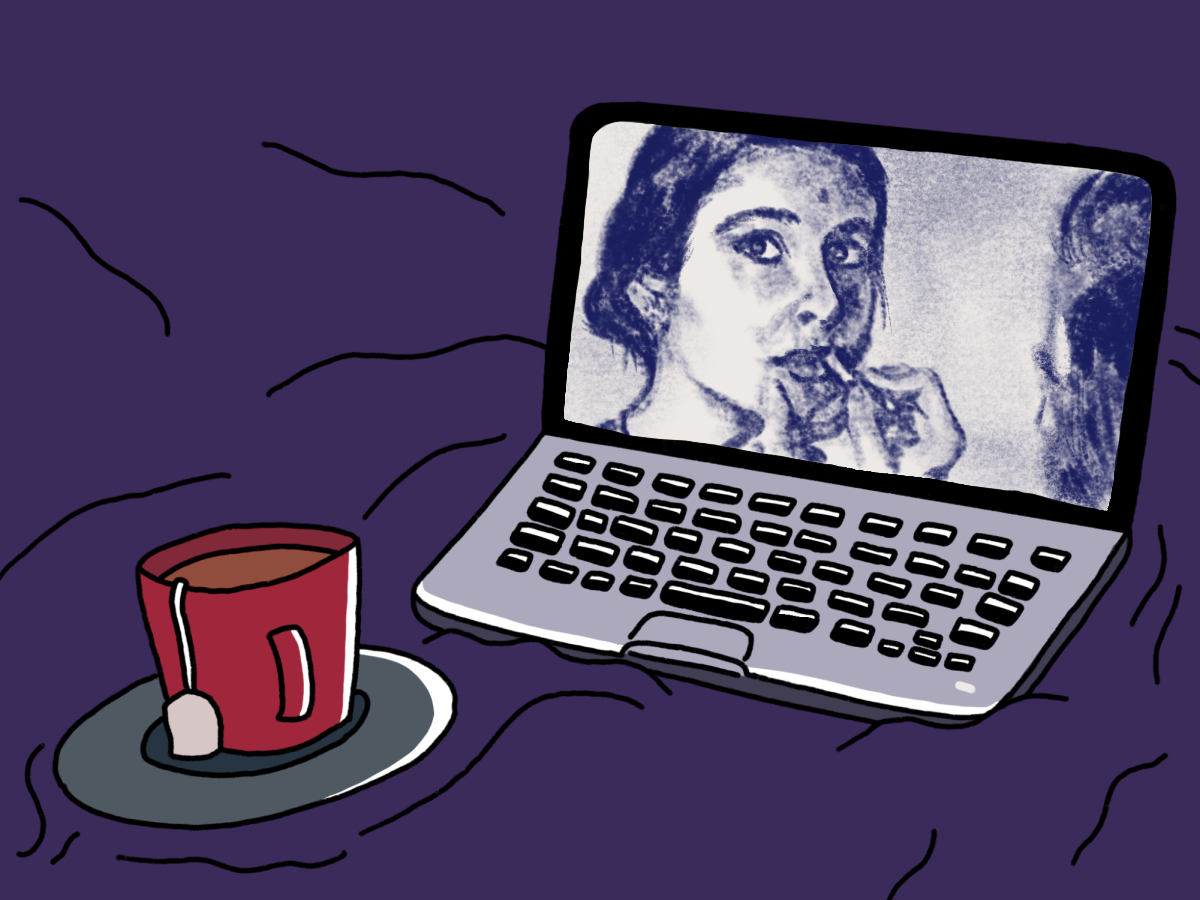The conflict between the old and new is a recurring theme in most, if not all, of Bengali filmmaker Satyajit Ray’s films. Since the start of his filmography with the 1955 classic “Pather Panchali,” Ray had solely focused on crafting historical films set in the 18th and 19th centuries. He details the effects of British colonialism on Bengali communities through raw, human and intensely authentic narratives. In “The Big City” — his first film to depict contemporary life in India — Ray uses this theme of generational transition to tell a lasting feminist narrative about modern female identity, which speaks to the passage of time through masterful craftsmanship and emotional intelligence.
“The Big City,” set in 1950s Kolkata, follows Arati Mazumdar (Madhabi Mukherjee), the wife of a bank teller Subrata (Anil Chatterjee). She eventually finds herself in the position to take initiative and become the breadwinner of the family when her husband cannot provide for them alone. The plot seems simple enough, but it is not all presented in such a clear-cut manner. Arati and Subrata live in a tiny, dark apartment in the city with their 5-year-old son Pintu (Prasenjit Sarkar), Subrata’s 14-year-old sister Bani (Jaya Bachchan), his retired father Priyagopal (Haren Chatterjee) and his mother Sarojini (Sefalika Devi). As soon as Arati proposes she take a job as a door-to-door salesperson, Subrata immediately turns to English, saying “a woman’s place is in her home.”
Around this time in West Bengal, both in the city and their household, female emancipation is slowly emerging. Yet, old prejudices against women working outside the house still exist, and are particularly manifested in Subrata’s hindered ego. Arati and Subrata start working simultaneously in an attempt to provide for the family, but Arati eventually starts making more money from her job as a salesperson than her husband, ultimately granting him an economic incentive to stop working — much to his dismay. Subrata, whose conservative parents are rooted in tradition and subsequently appalled by their daughter-in-law taking charge, views himself as the “man of the house.” As Arati quickly becomes her firm’s top salesperson, his masculinity and psychological sense of control is challenged.
As much of a feminist project as “The Big City” is, it is also quite prolific in its commentary on race and racial discrimination — themes that are commonly featured in Ray’s work, particularly through his focus on post-colonialism. As Arati climbs the career ladder at her advertising firm, she befriends Edith (Vicky Redwood), an Anglo-Indian who manipulates Arati into resigning from her job toward the end of the film. The Anglo-Indian community were generally regarded as immoral and dishonest by the British and Indians alike, with Ray’s film ultimately portraying a character like Edith as taking advantage of those racial stereotypes in order to further her own economic and individual gain. She convinces Arati to put on lipstick, a symbol of her integration into Western culture, almost insinuating that a woman’s success in modern capitalism is in part defined by her race in addition to her gender.
Of all of Ray’s films, “The Big City” is arguably the most eloquently written, from the flowing dialogue to its deep meaning. As beautifully written as it is, “The Big City” is also masterfully shot, with each frame different from the previous; the camera is alive through and through. Ray captures the chaotic and busy streets of middle-class Kolkata and the serene — albeit boring — alleyways of wealthy neighborhoods.
Additionally, the music for the film is incredibly purposeful and appropriately used to both establish and elevate the tone of each scene. It is an elegant film from beginning to end, with Madhabi Mukherjee giving an outstanding performance as Arati. Aside from Ray’s craft, she is the center of the film.
“The Big City” is very much a deconstruction of gender roles through both defiance and acceptance. Each character is significant to the film’s overarching narrative, whose messages could be applied to any culture around the world, which is to be expected from Ray.
Contact Yezen Saadah at [email protected].























































































































































